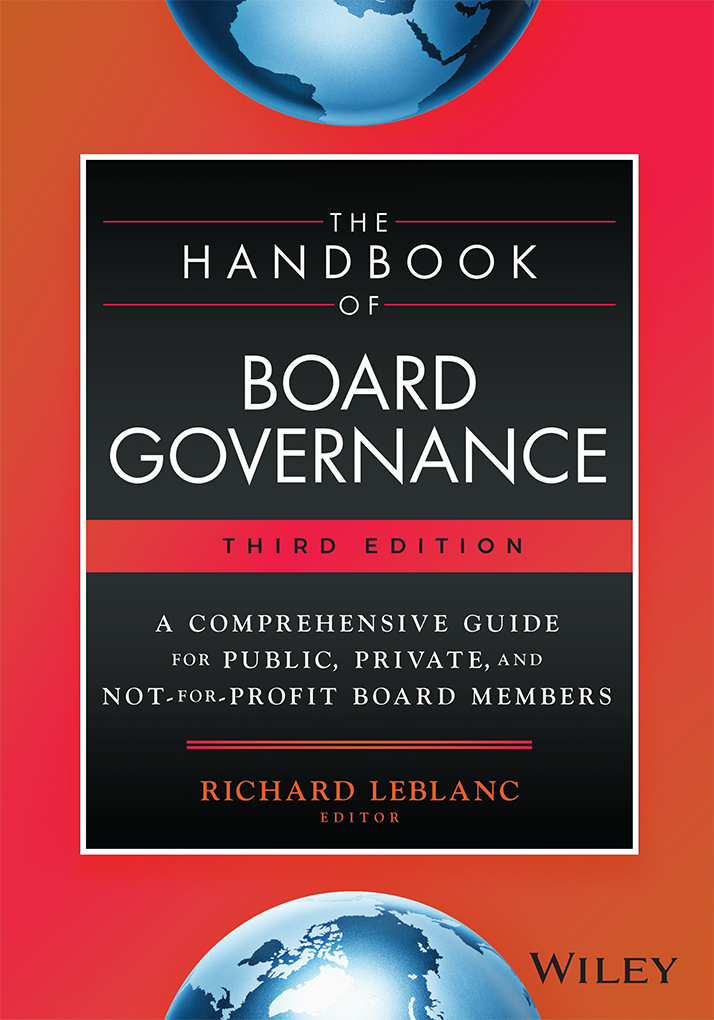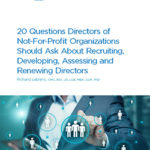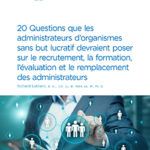PwC partner, Brian Cullinan, evidently was tweeting backstage moments before he handed the wrong envelope to Warren Beatty, resulting in reputational damage for PwC in its assurance role over award envelopes and the announcing of the wrong award for Best Picture.
Social media use can become an addiction, and can compromise not only reputation, but decision-making as well.
The most common complaint I have during my reviews of boards of directors’ performance is distracted directors. I see distracted directors in boardrooms and distracted students in classrooms all the time. More leadership and common sense is needed by board chairs and professors.
I was auditing a graduate university class recently, and most of the students were on their laptops, typing away, apparently oblivious to the lecture occurring in front of them. Their eyes were not on the professor or their colleagues. They were not engaged in the moment. This is like directors looking at iPads and laptops during the board meeting instead of each other.
I stopped the class and asked what the point was that the professor had just made. No one could answer. I instructed all students to close their laptops and discontinue all technology for the remainder of the class. Further, students were not to consult any notes and stay in the moment for the entire class.
In another board meeting, the board chair was obsessively using his cellphone during the board meeting. When I walk around boardrooms and classrooms, I see directors and students typing, answering emails, texting, using social media – in other words, not doing their job.
The laptop creates a physical and psychological barrier. It also takes two hands to type, as opposed to one hand to write.
Certain Toronto high-schools announced a few days ago that they are banning cellphones from classrooms. Hospitals and courtrooms also ban the use of cellphones.
The answer for boardrooms and classrooms is not to ban technology, but rather to use technology to enhance individual and meeting performance, not diminish it.
You are four times as likely to be distracted when you use technology. Studies show that retention increases when notes are taken the old-fashioned way, on paper, rather than on a computer. Technology does not necessarily enhance performance; indeed, studies show it may diminish it.
If you are prepared for class or a for board meeting, there is no need for any technology, or very many notes for that matter. The use of technology, including PowerPoint slides, can be a safety blanket or used to manipulate your audience. If a person reads PowerPoint slides, chances are they are unprepared, and further, you have a weak board chair or weak professor.
A great board – management discussion or presentation can occur without any technology whatsoever. Think of twenty years ago when this technology did not exist. Some of the best discussions that I have moderated and witnessed in boardrooms and classrooms do not include any technology.
What is the answer for boards of directors and classrooms, and the use of technology?
• Resist the use of technology simply because it is available. The litmus test for technology is performance.
• Lay down the rule if you are the board chair or professor: No technology unless it is directly related to the meeting. And lead by example.
• Make sure all discussions, agendas and information are relevant, to respect your audience’s time, and resist their temptation to be distracted.
• Insist on full preparation and focus on the discussion. The discussion is where the learning and important decisions get made.
• Have students submit 2-page summaries of the readings at the start of class, to validate their preparation.
• The foregoing would be draconian for directors, but it is blindingly obvious to directors who is prepared for the meeting and who is not. Have a system to enforce preparation.
• Insist on peer assessment of directors and students.
• Make sure that you can see someone’s eyes. If you cannot see their eyes, chances are they are distracted.
• Take frequent breaks to use technology for personal purposes.
• Insist on in-person meetings to the fullest extent possible.
• Self-police any errant director or student who cannot comply with the above.
• Most of all, lead by example.
Dr. Richard Leblanc, Editor of The Handbook of Board Governance (Wiley, 2016), can be reached at rleblanc@boardexpert.com.
Posted by Richard Leblanc on Feb 28, 2017 at 9:15 am in Board and Committee Leadership, Information, Resources and Reporting, IT Governance, Meetings and Decision-Making |












